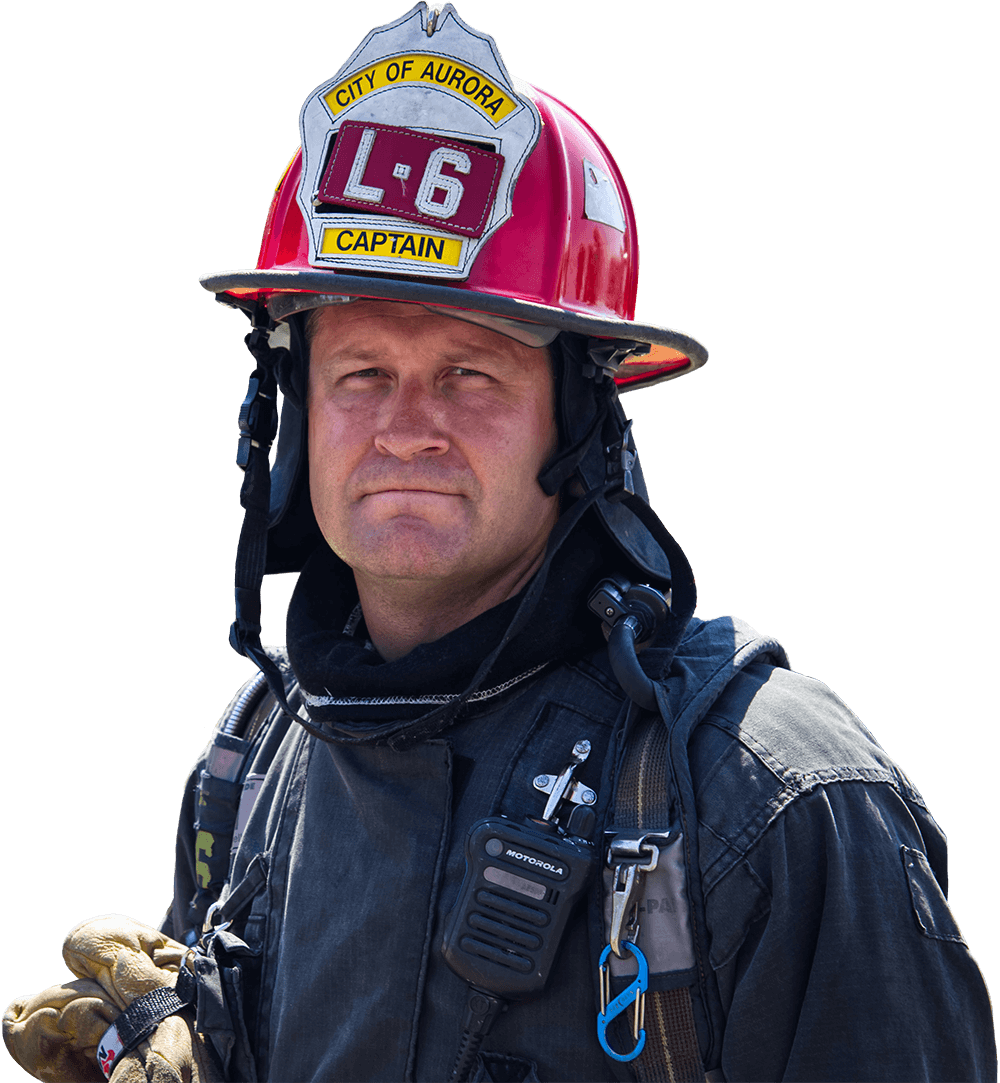While unaided, manual CPR has been done for a long time and has saved many lives. Now, devices are available to increase survivability and benefit patients in need of this life-saving maneuver. Throughout this course, we will compare the results of device-aided CPR to manual unaided, as well as discuss the effects of CPR on the body.
Course Type: Full-length Course
Course Duration: 60 min
Correctly using an AED can double or triple the patient’s chance of survival. They have a long history and with modern advancements, they’ve come a long way; their capabilities may even surprise you. Be prepared for your next cardiac arrest call and know what your device can and cannot do.
Course Type: Full-length Course
Course Duration: 60 min
This course will discuss treating cardiac emergencies in the pre-hospital environment. Topics discussed include predicting patient flow, the cardiovascular system, pit crew CPR, cardiac arrest strategies, cardiac arrest drugs, dysrhythmia, ACLS, what to do if the rhythm is too slow or too fast, and other cardio vascular diseases.
Course Type: Full-length Course
Course Duration: 60 min
It is critical for EMS providers to have an understanding of the ways chest pain can present between men and women. Too often, chest pain and heart attacks in female patients can go untreated and undiagnosed. This course will examine the similarities and differences men and women experience with angina and the differences in causes.
Course Type: Full-length Course
Course Duration: 60
Irregular heartbeats or arrhythmias are dangerous, life-threatening events. There are different methods to help revive a patient depending on the heart event they are experiencing. EMS providers will need to be able to observe the patient's heart rhythm and use monitors to do so. EMS systems utilize combination monitor/defibrillators in the field to both track the patient’s cardiac output and provide defibrillation if needed. This course will review common monitor functions and demonstrate how to perform transcutaneous pacing, synchronized cardioversion, and placing a 12-lead.
Course Type: Full-length Course
Course Duration: 30 min
In this webinar, learners will be introduced to extracorporeal membrane oxygenation (ECMO) and its broad applications. It is a well-established therapy, and its use is becoming more widespread. Most tertiary facilities have ECMO programs and capability. EMS personnel could be called on to transport these critically ill patients, and this lecture provides a broad overview. ECMO has been used in the field as a resuscitative adjunct. In the future, it is possible that some centers in the United States may consider this option. In this course, Dr. Misselbeck also provides a provocative look at the potential of this emerging technology for the future.
Course Type: Full-length Course
Course Duration: 60 min
Course Type: Full-length Course
Course Duration: 60
When there�s a life-threatening cardiac emergency, time is of the essence. 12-lead ECGs are useful diagnostic tools, but clinicians must be able to accurately and quickly identify life-threatening emergencies. This course will discuss ECG interpretation in the prehospital environment and give the learner practice interpreting sample ECGs.
Course Type: Full-Length Course
Course Duration: 60 min
This course is a real-life look at "running a peds code." We will begin with a review of pediatric arrest ...
Course Type: Full-length Course
Course Duration: 60
Prehospital stroke care continues to evolve. Over the past five years, mechanical thrombectomy has emerged as the preferred treatment option for patients presenting with large vessel occlusion strokes. EMS agencies are now being challenged to recognize large vessel occlusions on-scene and consider direct transport to comprehensive stroke centers for mechanical thrombectomy. In this course, we will review the current paradigm of prehospital stroke care, review the growing body of literature evaluating prehospital stroke severity tools, and discuss the numerous items affecting transport decisions.
Course Type: Full-length Course
Course Duration: 60 min
A patient suffering from CHF may exhibit signs similar to those of other conditions, so it is essential to gain a thorough understanding of their symptoms to help determine the appropriate treatment route. Gathering this information may be difficult because you want to try to keep the patient calm and prevent them from speaking too much. It is not uncommon for the patient to be panicked as they feel like they can’t breathe. Remain calm yourself, and chances are they will begin to relax as well. Ask specific, direct questions to keep them from talking too much, and determine your treatment method based on the symptoms they are explaining and exhibiting.
Course Type: Full-length Course
Course Duration: 60 mins
A patient suffering from CHF may exhibit signs similar to those of other conditions, so it is essential to gain a thorough understanding of their symptoms to help determine the appropriate treatment route. Gathering this information may be difficult because you want to try to keep the patient calm and prevent them from speaking too much. It is not uncommon for the patient to be panicked as they feel like they can’t breathe. Remain calm yourself, and chances are they will begin to relax as well. Ask specific, direct questions to keep them from talking too much, and determine your treatment method based on the symptoms they are explaining and exhibiting.
Course Type: Full-length Course
Course Duration: 60 mins




